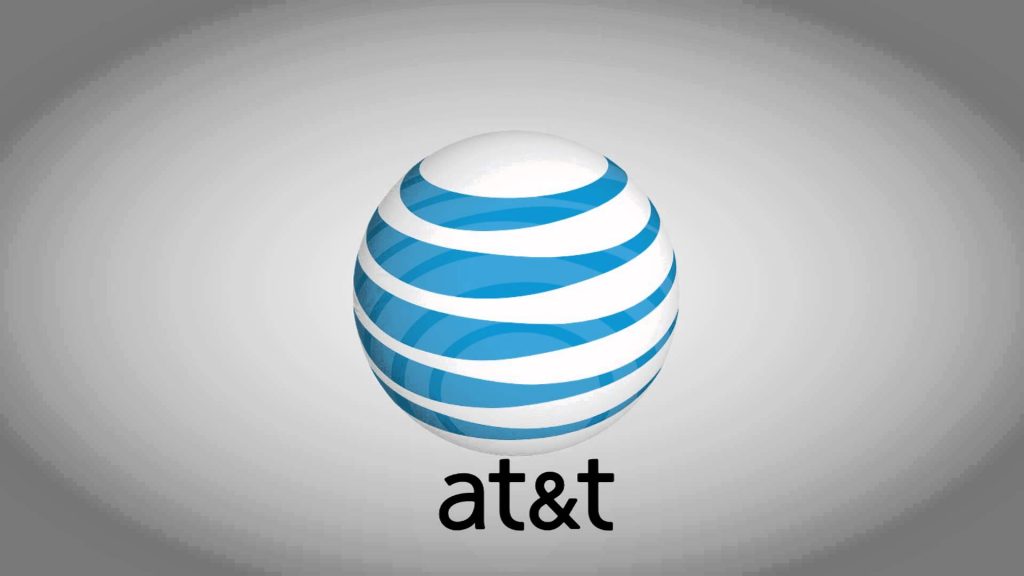
Virginia-based Global Wireless Solutions (GWS), an independent testing firm, has released the results of its latest study of voice and data test of the biggest wireless companies in America. The company released an announcement, saying, “After months of scientific testing, collecting and analyzing millions of data points across America, we are releasing the findings of the most comprehensive study into wireless connectivity to date. The results from our evaluation (based on scientific and engineering test methods that we have been conducting and refining for over 23 years) show that AT&T has achieved the Best Network OneScore for 2019.”
Besides winning the “nation’s best network” for the second straight year, AT&T Inc. (NYSE: T) took first place in several other categories, including having the fewest number of dropped calls and the highest percentage of completed calls. The company was rated as having the fastest download data speed for receiving photos, streaming content and other app-related content and the best rate of success for completing data tasks. AT&T also had the best scores for the fastest loading times, least amount of buffering and highest video quality.
Verizon came in second place for best network and scored the highest for the fastest upload speeds for posting videos, photos and other social media content. T-Mobile, which came in third overall, had the best quality phone calls. In fourth place for network, Sprint was the only one of the four to not finish first in any of the voice or data tests.
To reach its conclusions, GWS conducted tests in all 50 states, plus Puerto Rico and the U.S. Virgin Islands, across major metropolitan areas, smaller urban cities, and rural towns. The territory represented a total population of more than 308 million, or 94 percent of the country, covering nearly 1 million miles in 501 markets. Samsung Galaxy devices were used for the tests, along with specialized benchmarking gear, big data analytics, and the company’s own data reporting platform. The metrics the test results were derived from were weighted based on consumer feedback revealing how important each one was to U.S. wireless users.
